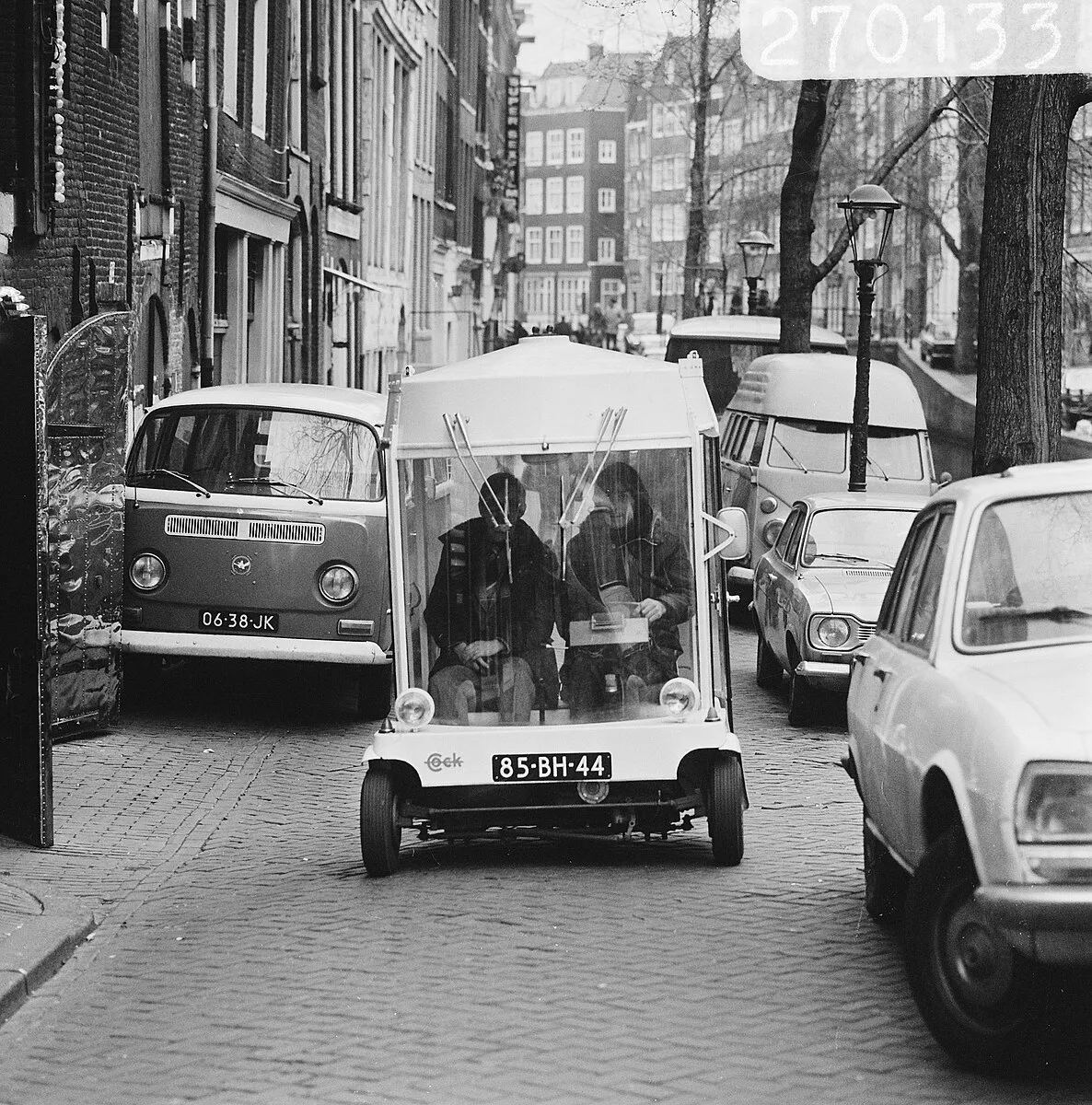The EU is launching a new plan, Research and Innovation for Europe’s Future Mobility, that aims to develop a long-term policy strategy that among other goals, is to reduce road casualties to almost zero and greenhouse gas emission from the transport sector by 60 per cent in 2050. The plan doesn’t propose any new EU funding or regulations but instead proposes an initiative to meet with Member States and other relevant stakeholder to discuss policy priorities and objectives. Speaking about the plan, Vice Pres
September 24, 2012
Read time: 2 mins
The EU is launching a new plan, Research and Innovation for Europe’s Future Mobility, that aims to develop a long-term policy strategy that among other goals, is to reduce road casualties to almost zero and greenhouse gas emission from the transport sector by 60 per cent in 2050.
The plan doesn’t propose any new EU funding or regulations but instead proposes an initiative to meet with Member States and other relevant stakeholder to discuss policy priorities and objectives.
Speaking about the plan, Vice President of the1690 European Commission, Siim Kallas said: “This new initiative will help our transport system to develop into an even more efficient, sustainable and user-friendly system to reach our mobility goals. It will impact positively on growth and jobs in Europe.”
The transport plan joins an increasing range of ‘roadmaps’, Strategic Agendas, and other broad policy pronouncements from the Commission, that aim to have a positive impact on growth and jobs in Europe.
It also follows on from a 2011 White Paper on Transport which laid out the vision, objectives and strategies for creating a single European transport area.
The Commission estimates that the additional investment needed to invent vehicles, equipment and vehicle-charging infrastructure to achieve the emission-reduction goals for the European transport system will cost around one trillion euros between 2010 and 2030, or about the same amount EU households spend on transport in one year.
Two main funding options have been identified. Should it be approved, the Connecting Europe Facility (CEF) which was proposed by the Commission in 2011 to fund €50 billion worth of investment to improve Europe's transport, energy and digital networks would be the primary source as it has a proposed budget of €31.7 linked to transport. The second major source of funding linked directly to these objectives is Horizon 2020, which includes a proposed budget of €6.8 billion euros for research and innovation on "smart, green and integrated transport".
The plan doesn’t propose any new EU funding or regulations but instead proposes an initiative to meet with Member States and other relevant stakeholder to discuss policy priorities and objectives.
Speaking about the plan, Vice President of the
The transport plan joins an increasing range of ‘roadmaps’, Strategic Agendas, and other broad policy pronouncements from the Commission, that aim to have a positive impact on growth and jobs in Europe.
It also follows on from a 2011 White Paper on Transport which laid out the vision, objectives and strategies for creating a single European transport area.
The Commission estimates that the additional investment needed to invent vehicles, equipment and vehicle-charging infrastructure to achieve the emission-reduction goals for the European transport system will cost around one trillion euros between 2010 and 2030, or about the same amount EU households spend on transport in one year.
Two main funding options have been identified. Should it be approved, the Connecting Europe Facility (CEF) which was proposed by the Commission in 2011 to fund €50 billion worth of investment to improve Europe's transport, energy and digital networks would be the primary source as it has a proposed budget of €31.7 linked to transport. The second major source of funding linked directly to these objectives is Horizon 2020, which includes a proposed budget of €6.8 billion euros for research and innovation on "smart, green and integrated transport".









